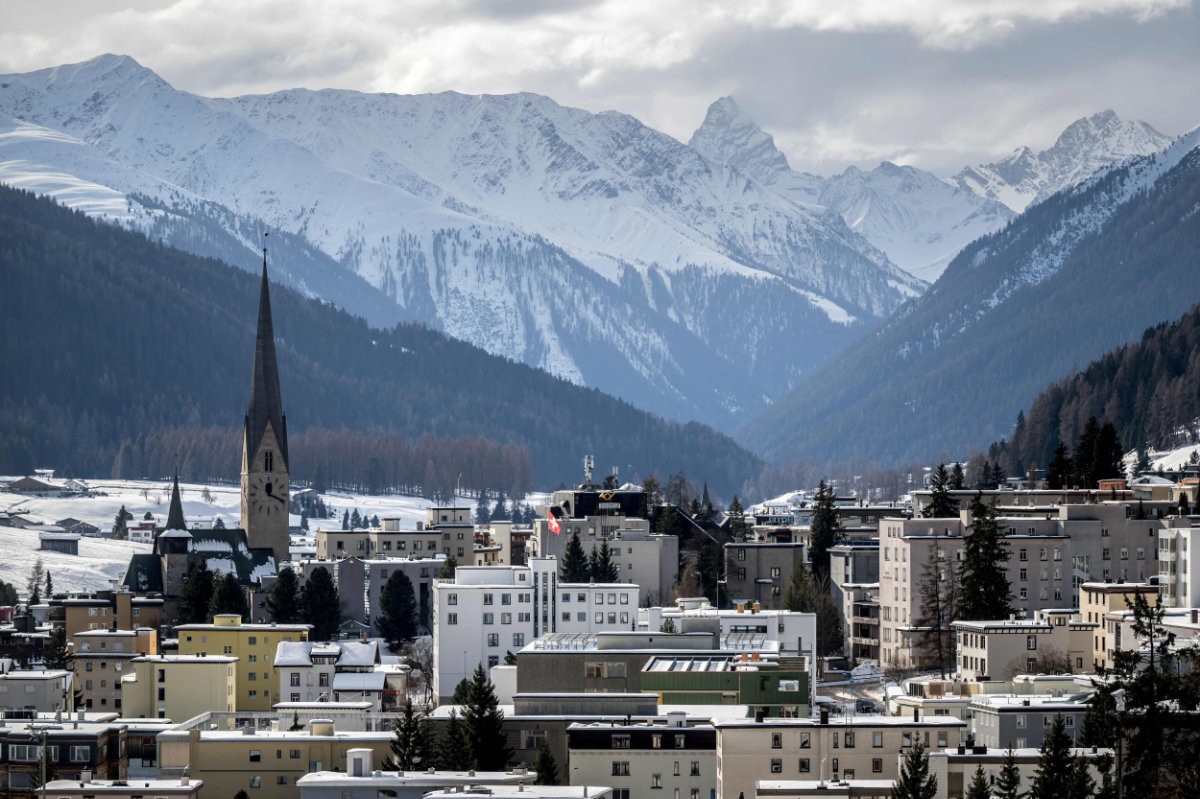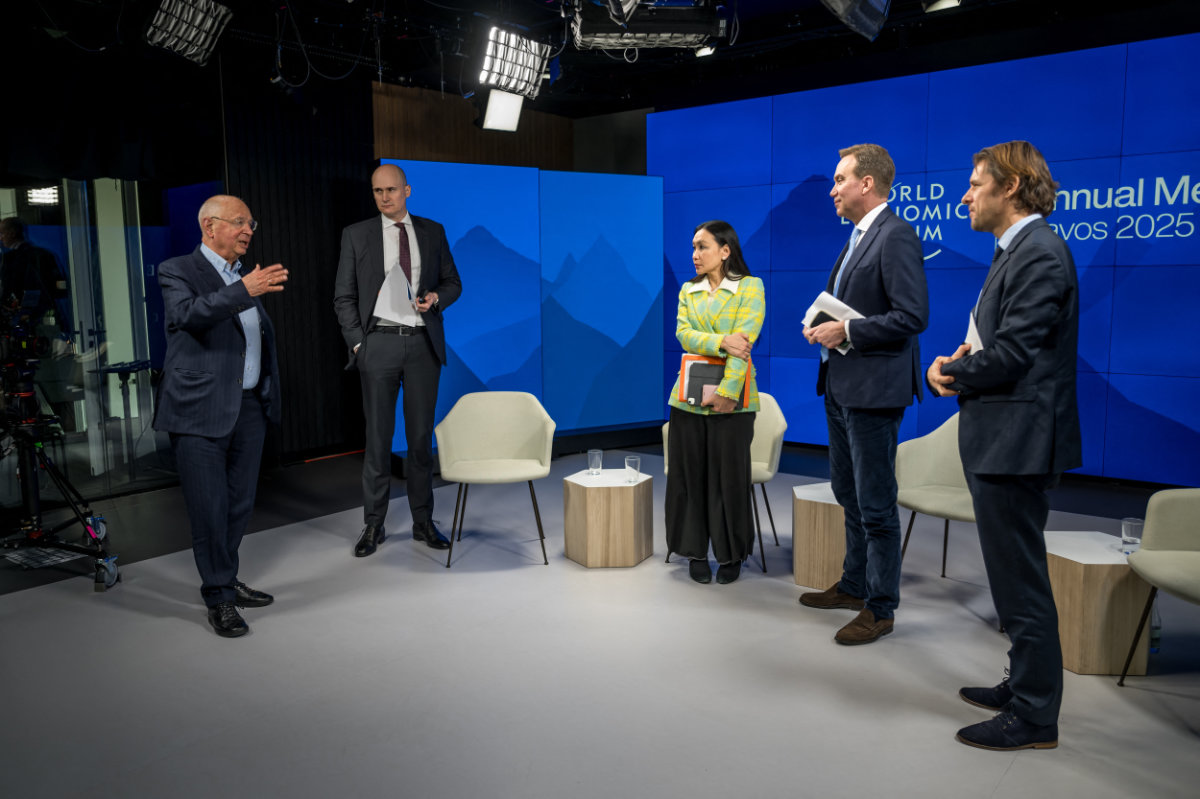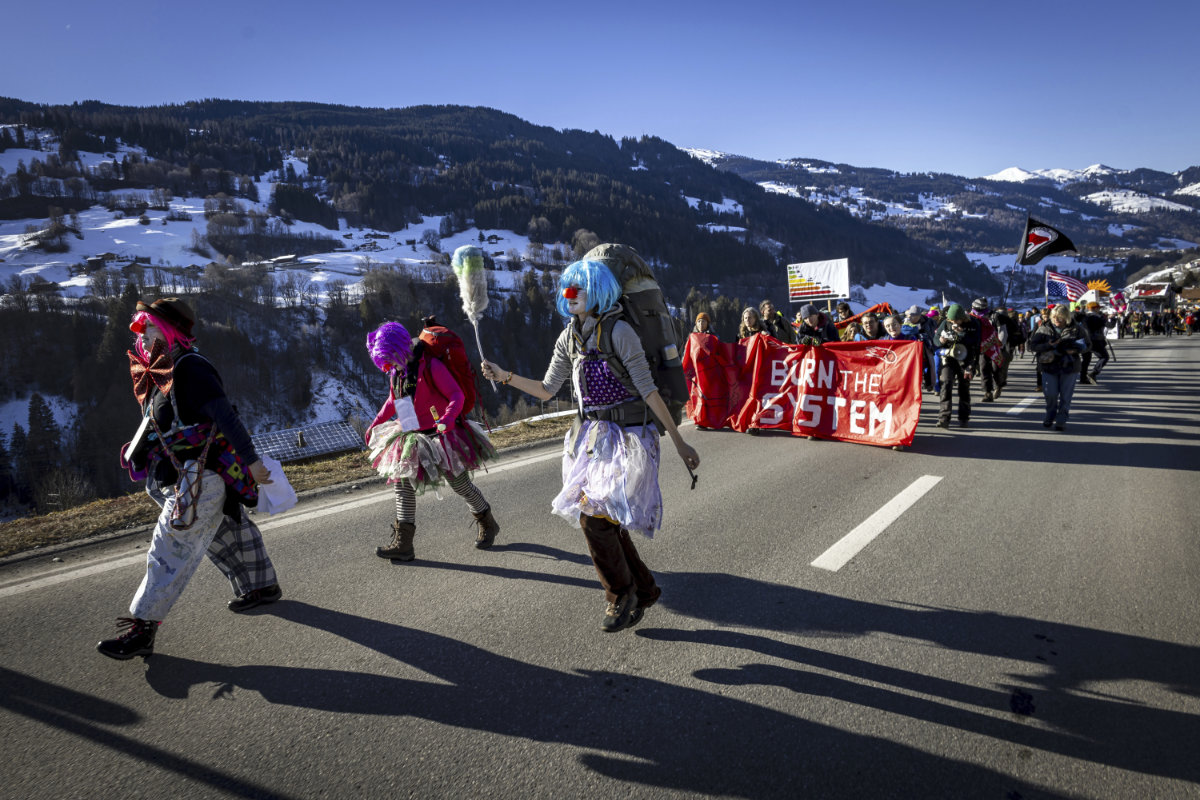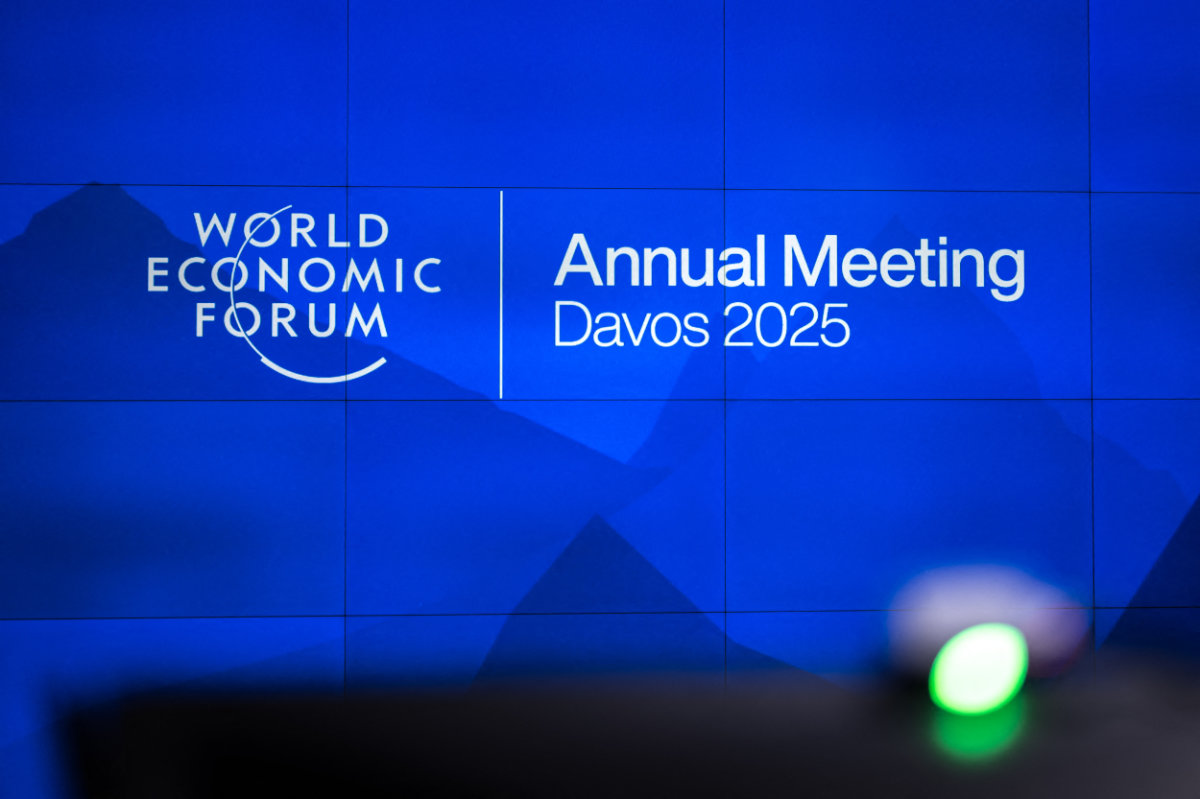Saudi climate action through carbon capture and storage initiatives

https://arab.news/rb9k9
The Global Carbon Capture and Storage Institute, the world’s leading authority on CCS, reports that the level of policy support from governments reached historic highs in 2023. This has strengthened the business case for CCS and resulted in the project pipeline growing more rapidly in the past year than at any other time.
Furthermore, CCS in the Middle East and Africa region already accounts for around 8 percent of global capture capacity and is on the cusp of a remarkable uptrend, with commitments by the UAE and Saudi Arabia in announcing net-zero targets for 2050 and 2060 respectively.
Saudi Arabia, a global energy powerhouse, has embarked on an ambitious journey to combat climate change and transition toward a more sustainable future. As part of its commitment to the circular carbon economy, or CCE, the Kingdom is actively pursuing carbon capture and storage initiatives.
The Joint Development Agreement with Saudi Aramco is one of the largest initiatives on this front. This agreement aims to establish one of the biggest CCS hubs globally. The hub will be located in Jubail Industrial City and is set to start operating by 2027.
In its first phase, it will have the capacity to extract and store 9 million tonnes per year of carbon dioxide. The long-term goal is to extract, utilize, and store a staggering 44 million tonnes per year of carbon dioxide by 2035. In equal measures, the Al-Khobar CCS Project will capture carbon dioxide emissions from industrial sources.
The captured carbon dioxide will be transported and stored in geological formations deep underground. This project represents a significant step toward achieving the Kingdom’s climate goals.
Saudi Arabia’s carbon capture and storage initiatives demonstrate its determination to address climate change head-on.
Khulood Rambo
Furthermore, Saudi Arabia is constructing the world’s largest green hydrogen plant. The plant is set to produce up to 600 tonnes of green hydrogen per day by 2026, which will play a crucial role in decarbonizing the energy sector.
In addition to ongoing efforts in the renewable energy transition, showing the Kingdom’s heavy investments, 13 new projects are underway, with a total capacity of 11.4 gigawatts. By 2030, Saudi Arabia aims to generate 50 percent of its power capacity from renewables. These projects are expected to reduce approximately 20 million tonnes of carbon dioxide per year.
The Saudi Green Initiative aims to combat climate change, improve quality of life, and protect the environment for future generations. This initiative focuses on three key targets: Emissions reduction, afforestation, and land and sea protection.
Emissions reduction includes measures to reduce carbon dioxide emissions; afforestation targets involve planting 10 billion trees in Saudi Arabia and 50 billion across the Middle East; and land and sea protection aims to safeguard natural ecosystems.
Saudi Arabia is committed to placing 30 percent of its land and sea under protection by 2030. Biodiversity conservation and ecosystem restoration are an integral part of this effort.
Moreover, Saudi Arabia announced the launch of the GHG Crediting and Offsetting Scheme in early 2024, which aims to support and incentivize emission reduction and removal projects across all sectors in the Kingdom.
In summary, Saudi Arabia’s carbon capture and storage initiatives demonstrate its determination to address climate change head-on. By leveraging technology, international partnerships, and a commitment to sustainability, the Kingdom is positioning itself as a global leader in the reduction of greenhouse gas emissions.
• Khulood Rambo is a former research affiliate and visiting scholar at MIT, a private sector consultant, and a government program manager specializing in water, energy, food nexus, climate change, and sustainability.



































